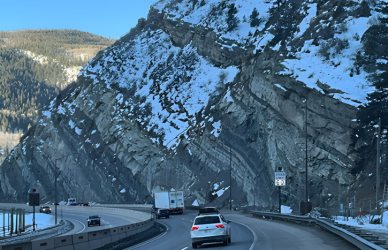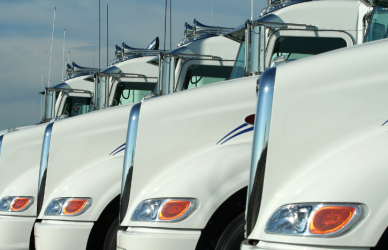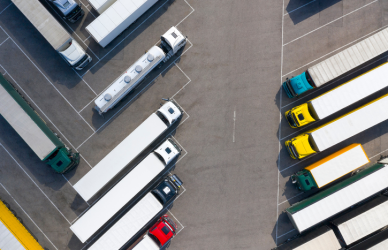New York’s initiative to impose a significant toll on drivers entering much of traffic-congested Manhattan is at the center of a legal battle in federal court.
A Manhattan judge is considering arguments from unionized public school teachers, local Republican officials, and other New Yorkers who have filed lawsuits seeking to block the plan.
According to the proposal finalized in March, most private car drivers, including locals and tourists, entering Manhattan south of Central Park will be required to pay about $15 during the daytime.
The impact of this on professional drivers could be even more significant. The tolls will be higher for larger vehicles and lower for motorcycles and late-night entries. Those not enrolled in a regional toll collection program will face a charge of $22.50.
The tolling plan could have a serious impact on truck drivers, who often have no choice but to enter Manhattan for deliveries and other business-related activities. The higher toll rates for larger vehicles mean that truck drivers and freight companies could face substantial additional costs, potentially leading to increased prices for goods and services as businesses pass these costs onto consumers.
The toll could alter delivery schedules and routes, as truckers might seek to avoid the congestion zone during peak hours to minimize expenses. This could complicate logistics and increase challenges for drivers who are already dealing with the complexities of urban traffic and tight delivery windows. The added financial burden may be particularly tough on independent truck drivers and small freight companies, who operate on thin margins and have less flexibility to absorb or offset new expenses.
The lawsuits argue that federal transportation officials approved the tolling plan without adequate review and that more comprehensive environmental studies are needed. They claim the fee will increase congestion and pollution as drivers take alternate routes to avoid the Manhattan toll, unfairly impacting low-income and minority communities already suffering from poor air quality.
Additionally, the suits argue that drivers from other city boroughs and suburbs with insufficient mass transit options will have to deal with an unfair financial burden. Small businesses within the congestion zone could face higher operating costs and reduced customer traffic.
The Metropolitan Transportation Authority (MTA), which oversees the congestion fee plan, asserts that it conducted thorough environmental reviews. The MTA claims it identified no significant impacts on area communities that could not be helped through proposed efforts, such as investments in electric buses to improve air quality.
The MTA says that the fee will help reduce traffic and enhance regional air quality by discouraging driving into Manhattan. It is expected to generate approximately $1 billion annually for the city’s subway and bus systems, which serve about 4 million riders daily.
The agency has warned that any delays to the fee could jeopardize essential improvements, including plans to modernize some of the nation’s busiest subway lines. The MTA aims to implement the fee by June 30.
Judge Lewis Liman is not expected to issue an immediate decision.
Source: The Trucker











